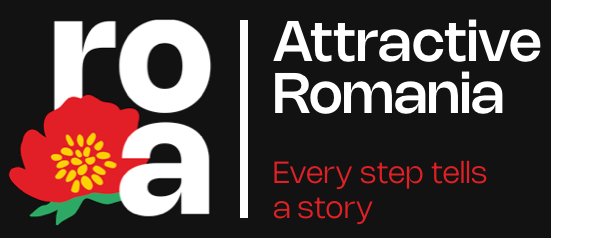The village of Periprava is a unique place, remote from civilization, where the beauty and peace of modern times coexist paradoxically with the sad and heavy memory of the past. With a population of only 200 inhabitants and accessible only by water, the village offers one of the most authentic experiences you can have in the Danube Delta.
The village streets are deserted under the scorching sun, but they are enlivened by an explosion of colorful flowers growing wild along the roadside. Coming from the small port and passing through the village center, we have the opportunity to discover several traditional houses that preserve the spirit and identity of the place. Most likely dating back to the interwar period, most households in the village are built from materials easily procured from nature: reeds and mud bricks.
Periprava also bears a heavy memory: during the communist period, a labor camp operated here where many political prisoners lost their lives under unimaginable conditions. The stories of the tormentors and their victims are still being researched today by historians and archaeologists.
At the exit of the village lies the Letea Forest - the oldest natural reserve in Romania, covering nearly 500 hectares: a virgin forest with trees growing among sand dunes where the well-known wild horses often appear, in the area known as "Hasmacul Mare".
Russian Lipovans
Periprava is one of the settlements in the Delta with the highest proportion of Russian Lipovans among its inhabitants. These residents preserve their customs, culture, and their own language, known for traditional fishing, textile art, and the specific architecture of their churches. The faith of the Lipovan Russians in Romania is Old Rite Orthodox, religious services at the village church are held in Church Slavonic, and the calendar used is the Julian, which is 13 days behind the Gregorian calendar. There are small folk ensembles that preserve and present to tourists their traditional costumes and dances.
Brief historical insight
The labor camp at Periprava was one of the most terrible places of detention during the communist regime. Brought to Periprava from other prisons in the country, political prisoners were forced to harvest reeds and were kept in inhuman conditions, and many of them died due to merciless treatment or poor conditions. The camp at Periprava remains a symbol of suffering and repression under the communist regime in Romania's collective memory. The Institute for the Investigation of Communist Crimes has undertaken nine campaigns so far to search, discover, and recover the remains of political prisoners who died in the former penitentiary colony at Periprava.
Reviews

%20%20(5).jpg?locale=en)
%20%20(7).jpg?locale=en)

%20%20(13).jpg?locale=en)

%20%20(10).jpg?locale=en)
%20-%20luminat.jpg?locale=en)
%20-%20luminat.jpg?locale=en)
.jpg?locale=en)
.jpg?locale=en)
 Continue with Google
Continue with Google
